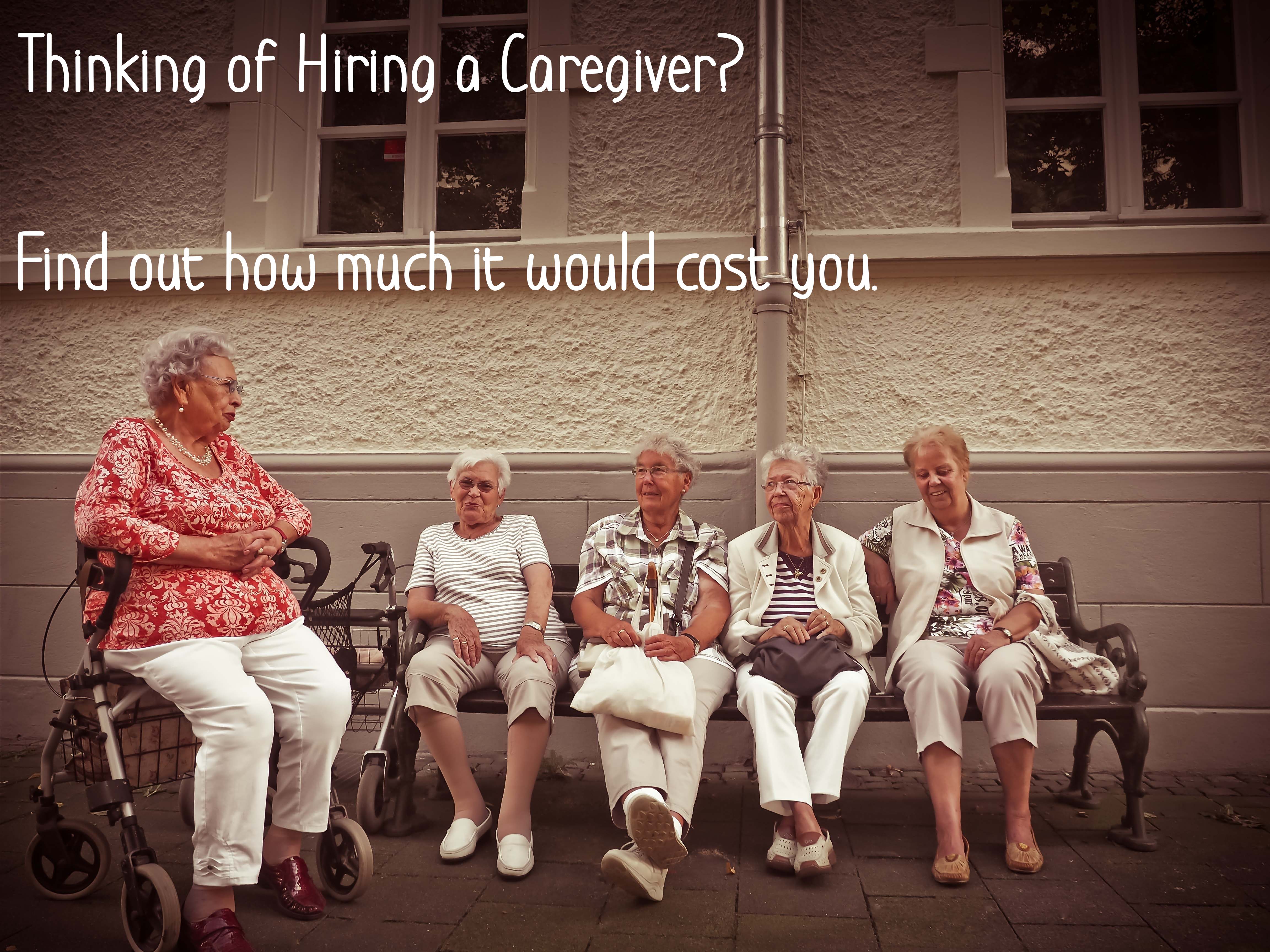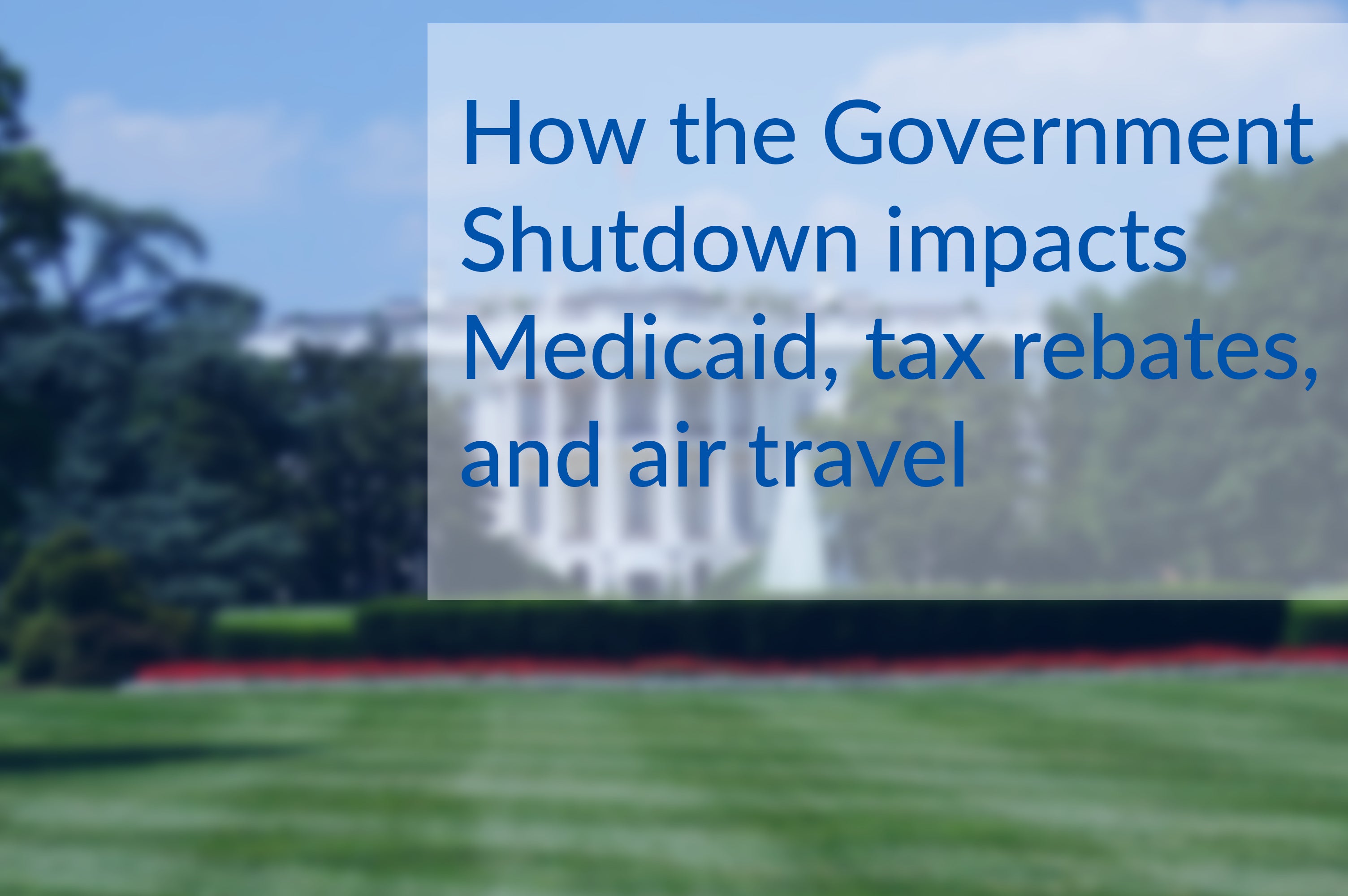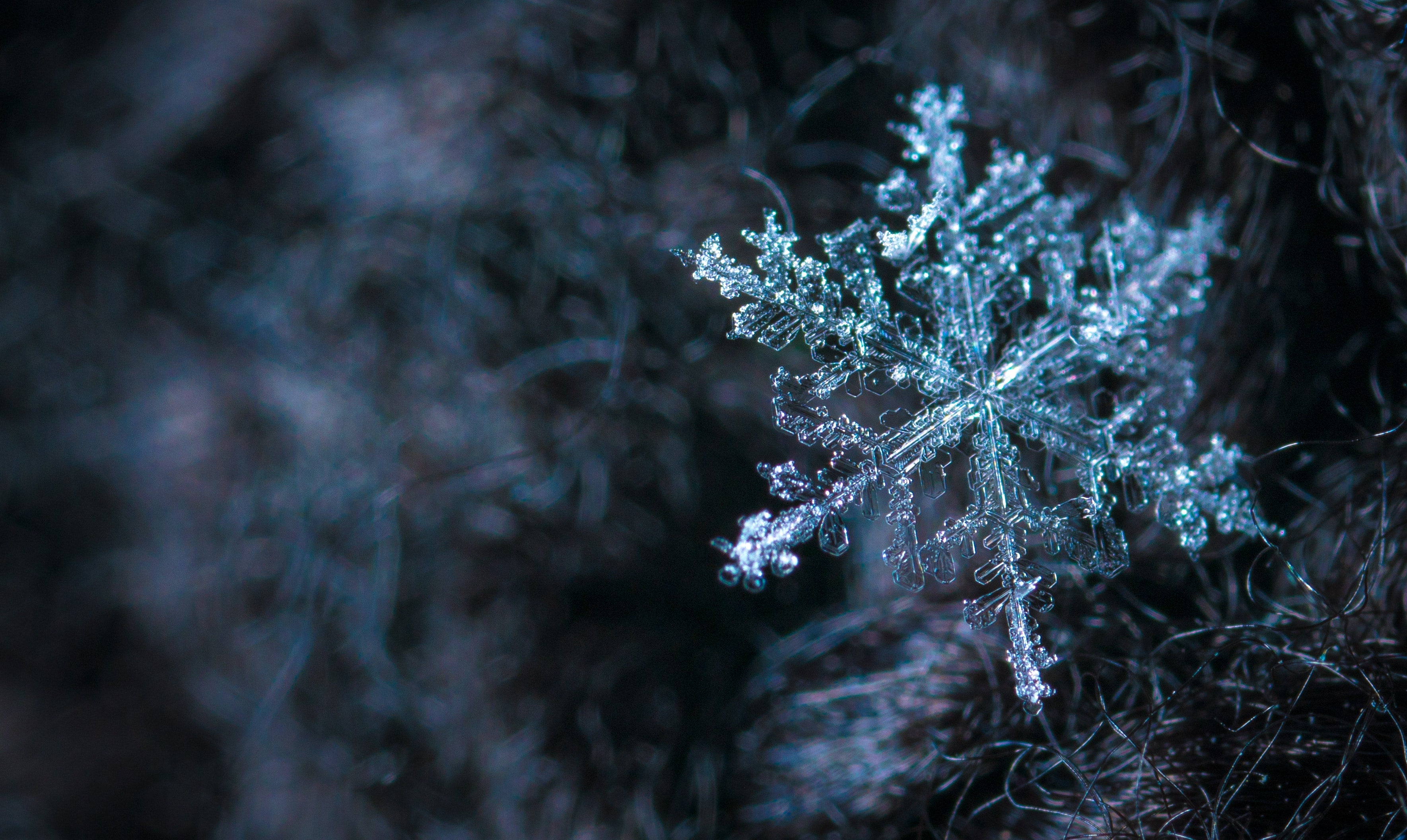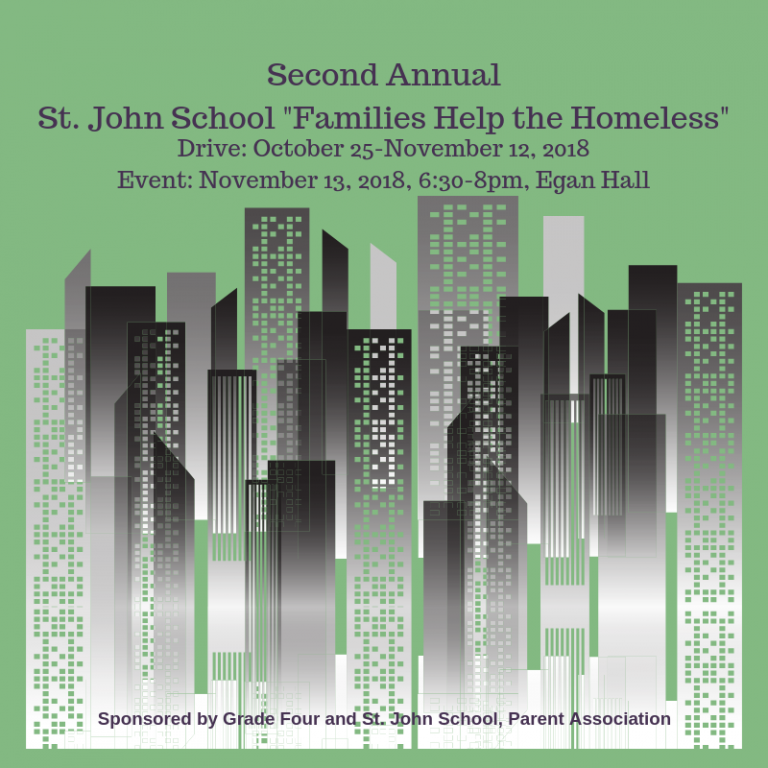Finding Your Personal Migraine Trigger(s)
 Tracking Down Your Triggers
Tracking Down Your Triggers
For people who experience migraines, certain foods, strong perfumes, flickering lights, and other environmental factors can set off an attack. But not everyone has the same triggers, and not every time—and that makes the migraine trigger a frustrating prey to hunt down. There is, however, general agreement about the most common triggers. Here’s how to spot them and reduce your headache frequency.
Food Triggers
Here’s a partial list of major food triggers, according to the National Headache Foundation.
• Ripened cheeses (such as cheddar, Emmentaler, Stilton, Brie, and Camembert)
• Chocolate
• Marinated, pickled, or fermented food
• Foods that contain nitrites or nitrates (bacon, hot dogs) or MSG (soy sauce, meat tenderizers, seasoned salt)
• Sour cream
• Nuts or nut products such as peanut butter
• Sourdough bread
• Broad beans, lima beans, fava beans, snow peas
• Figs, raisins, papayas, avocados, red plums
• Citrus fruits
• Excessive amounts (more than 2 cups total) of caffeinated beverages such as tea, coffee, or cola
• Alcohol (including red wine and beer)
Menstruation
For many women, the menstrual cycle is a major trigger. Attacks usually occur a few days before or during their period or, for some women, at ovulation. A drop in estrogen is believed to be the culprit. As women near menopause, fluctuating estrogen levels may also trigger an increase in migraines.
Your environment
Strong perfume is an immediate trigger for some, making common spaces (offices, churches) a challenge, and the beauty counters in big department stores a particular hell. For others, it can be flickering lights—even a movie screen in a darkened theater or sunshine flashing through trees on a road as they’re driving.
Stress
The most common migraine trigger is stress. Migraine sufferers are thought to be highly responsive emotionally. Anxiety, worry, shock, and sadness can all release certain brain chemicals that lead to a migraine headache. Ironically, the sense of release after a stressful period can also lead to migraines, which could be the cause of weekend headaches.
But Don’t Avoid All Triggers Just Yet
Remember that triggers are different for everyone, so the foods and stressors here are a list of suspects, not convicts: You need to narrow it down to your own personal triggers. Try keeping a headache diary to help you identify the ones that trouble you.
“I don’t have my patients avoid these things, I just have them be aware of them,” says Larry Newman, MD, director of the Headache Institute at St. Luke’s-Roosevelt Hospital Center in New York City. “Not every trigger is a consistent trigger, so chocolate may do it to you some days but not other days. It may be a combination of you having chocolate when you are vulnerable and on your period, or having chocolate and it’s about to rain, or having chocolate and you didn’t sleep enough the night before.”
If you keep track of patterns over time, you should be able to make changes that will help you cope—without having to sacrifice unnecessarily.
Courtesy of Health.com
- Professional Medical














Comments 0